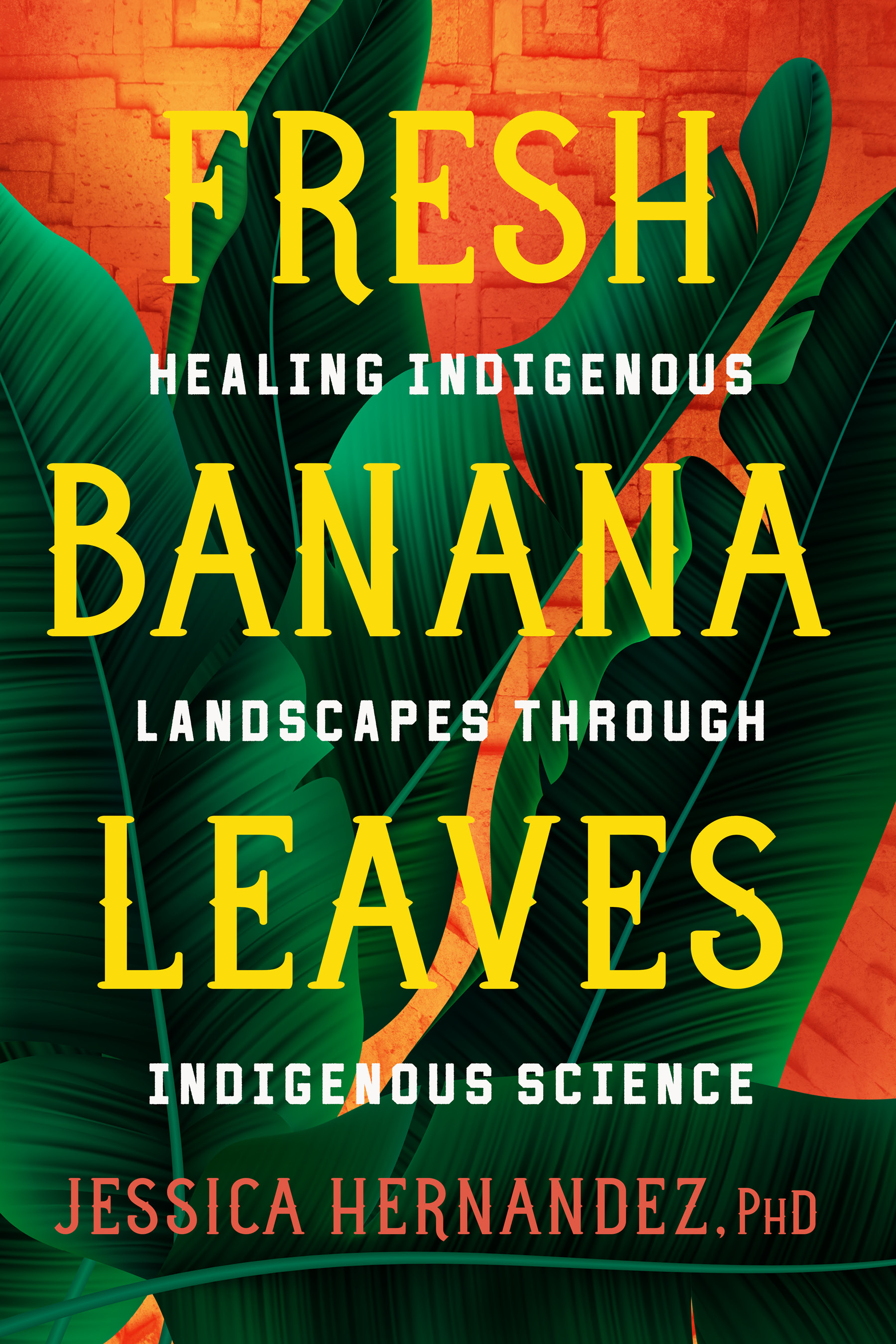Ben Waber reviewed Fresh Banana Leaves by Jessica Hernandez
An Ironically Unreflective Polemic
3 stars
There's is a glaring unanswered question that haunts this book: what is science? The term itself obviously has cachet, and Hernandez is trying to leverage that cachet to elevate the status of indigenous ways of knowing. That's understandable, but the lack of deep engagement with this question is an issue.
I appreciated the review of different classes of indigenous knowledge and the examples that the book reviews. I did find the lack of self-reflection on the conservation track record of indigenous peoples of the Americas, while common today, to be playing into the same tropes that Hernandez decries. The extinction of horses, North American camels and other fauna in the millennia before the arrival of Europeans, almost certainly due to over hunting, should at minimum be acknowledged given the centrality of environmental issues and history in this book. Overall, while there are many persuasive arguments this book makes about …
There's is a glaring unanswered question that haunts this book: what is science? The term itself obviously has cachet, and Hernandez is trying to leverage that cachet to elevate the status of indigenous ways of knowing. That's understandable, but the lack of deep engagement with this question is an issue.
I appreciated the review of different classes of indigenous knowledge and the examples that the book reviews. I did find the lack of self-reflection on the conservation track record of indigenous peoples of the Americas, while common today, to be playing into the same tropes that Hernandez decries. The extinction of horses, North American camels and other fauna in the millennia before the arrival of Europeans, almost certainly due to over hunting, should at minimum be acknowledged given the centrality of environmental issues and history in this book. Overall, while there are many persuasive arguments this book makes about how indigenous people are marginalized and discriminated against especially in science, the gaping holes in the analysis leaves this book wanting

